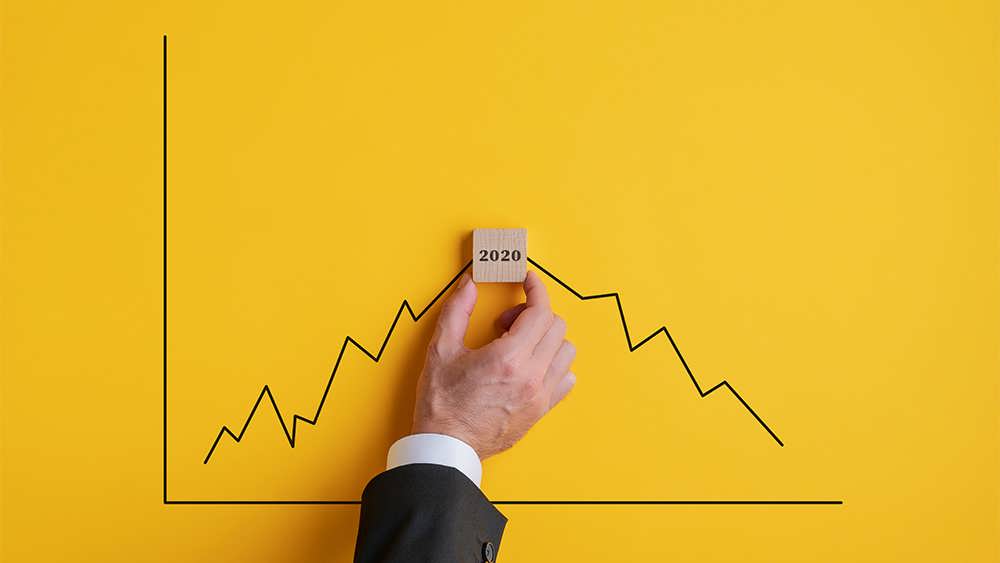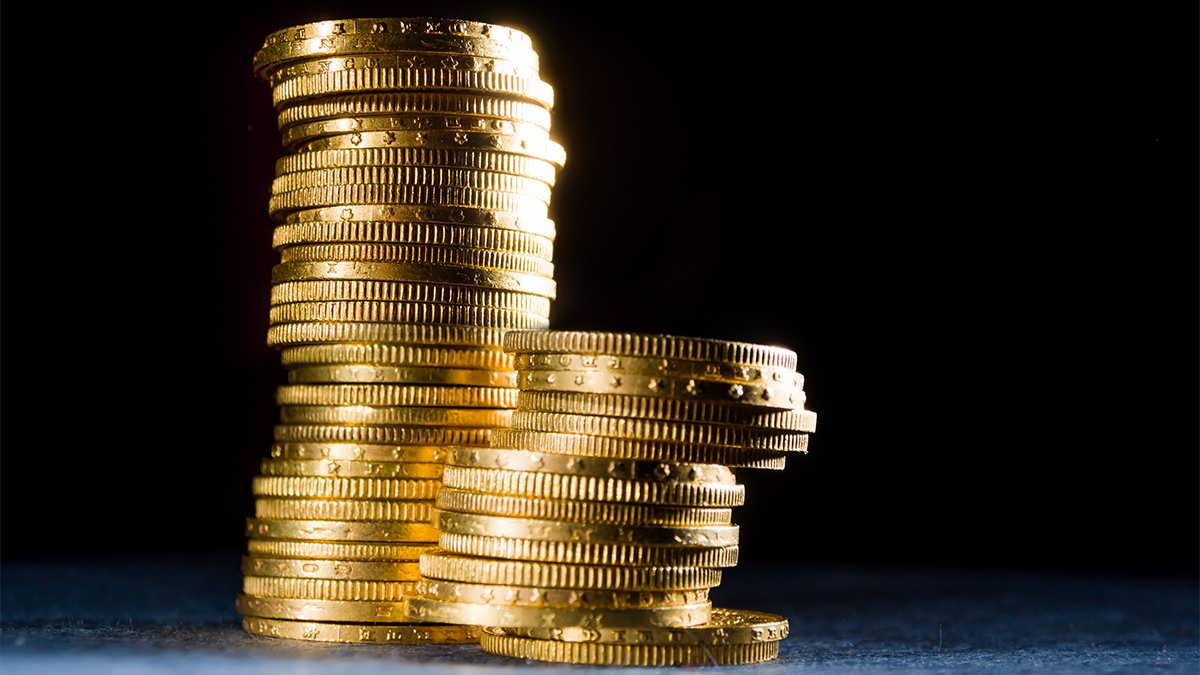In any financial framework, ongoing financial development, lessening inflation (stability cost), achieving market goals, and impartial delivery of salary are among the primary targets. Inflation is one of the destructive financial declines that influences other large-scale factors within the economy. It is compelling and forces a part of costs on society. This could be even worse in developing countries, especially those that are constantly struggling with economic complexities.
How does inflation affect the development of a country?
In the event that inflation is too high in a developing country, the economy can tremble. Alternately, the economy may thrive on the off chance that inflation is controlled and at moderate levels. With less controlled inflation, business increments. Buyers have more cash to purchase merchandise and administrations, and the economy will grow. However, with uncontrolled inflation, the development could suffer to the degree that it might cause a chain reaction to a complete financial crash down, the such we observed in Venezuela.

2020 recession prediction
Why is inflation higher in developing countries?
Sources of inflation in developing countries incorporate the following factors:
- Government debt
- Cash supply development (Currency)
- Worldwide oil costs
- Exchange trade rates
Concurring to the statistics, inflation levels quicken when government debt and oil costs rise; on the other hand, we can clearly see how inflation affects the two other factors. Inflation demands more cash supply while the exchange will suck the extra money down into the market where the small businesses are developing.
Is inflation good for developing countries?
Inflation can be considered a measure within the decline of any given national currency in worldwide cash markets. Developing countries frequently utilize an export-oriented financial technique to extend development. This situation encompasses a patterned impact, which in turn increments the money supply and inflation. What happens now? This condition will endure the product to cost lower than the worldwide market average allowing the country to develop an export currency channel to the global market.

broom sweeping dollars in scoop from on wooden flo
The Covid-19 impact on developing countries’ inflation
The impact of the Covid-19 infection on inflation is vague, as there are many supply and demand developments that can move the market toward inflation, disinflation, or even deflation. In fact, during the Covid lockdown, most European countries experienced a bump in disinflation. No matter the reasons, the story is not the same for developing countries. The Covid restrictions in developing countries was a necessity at a cost paid by small business. Local markets were abandoned, shopping malls were desolated, and economic devastation could have followed had the inflation stayed still. Reluctantly, the inflation growth in developing counties lowered the product cost, which helped export markets grow in supplies and more return.
How do developing countries control inflation?
In order to control inflation, developing countries use different methods such as monetary policy, which means they increase interest rates to reduce the demand and diminish inflation. However, nothing is more critical than controlling the money supply when it comes to inflation. Furthermore, putting policies such as Fiscal in place in which the tax is decreased is also another trick played by developing countries to control their inflation.


